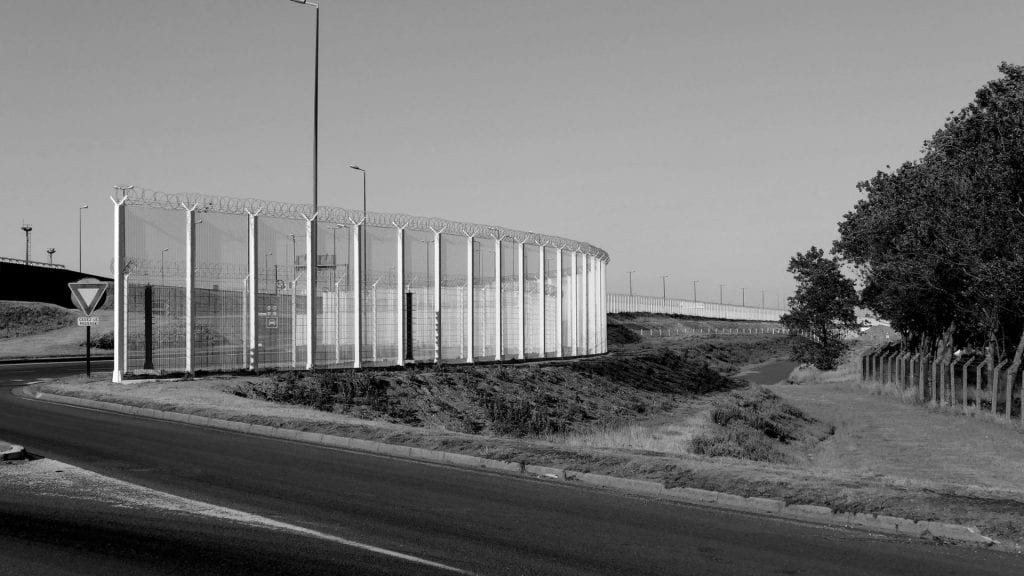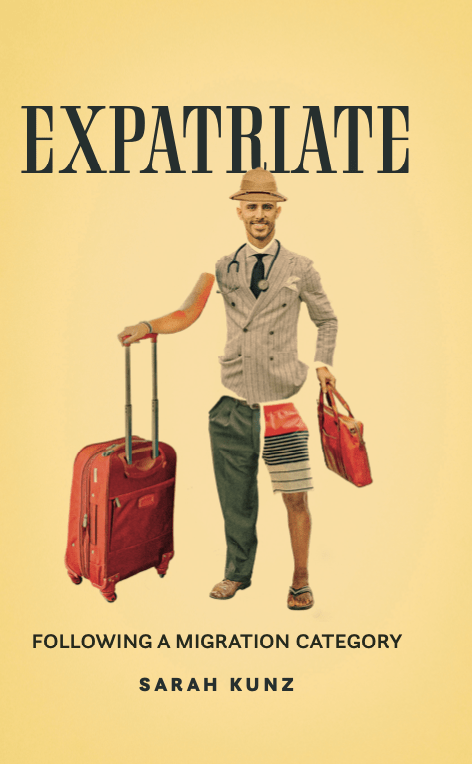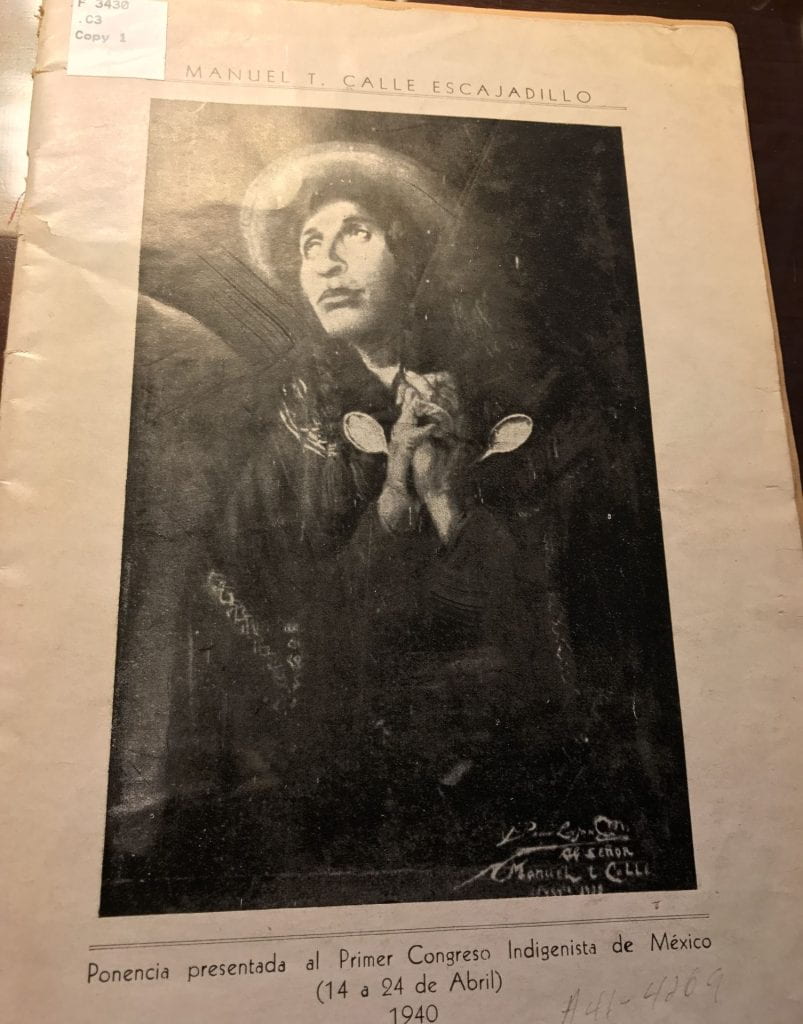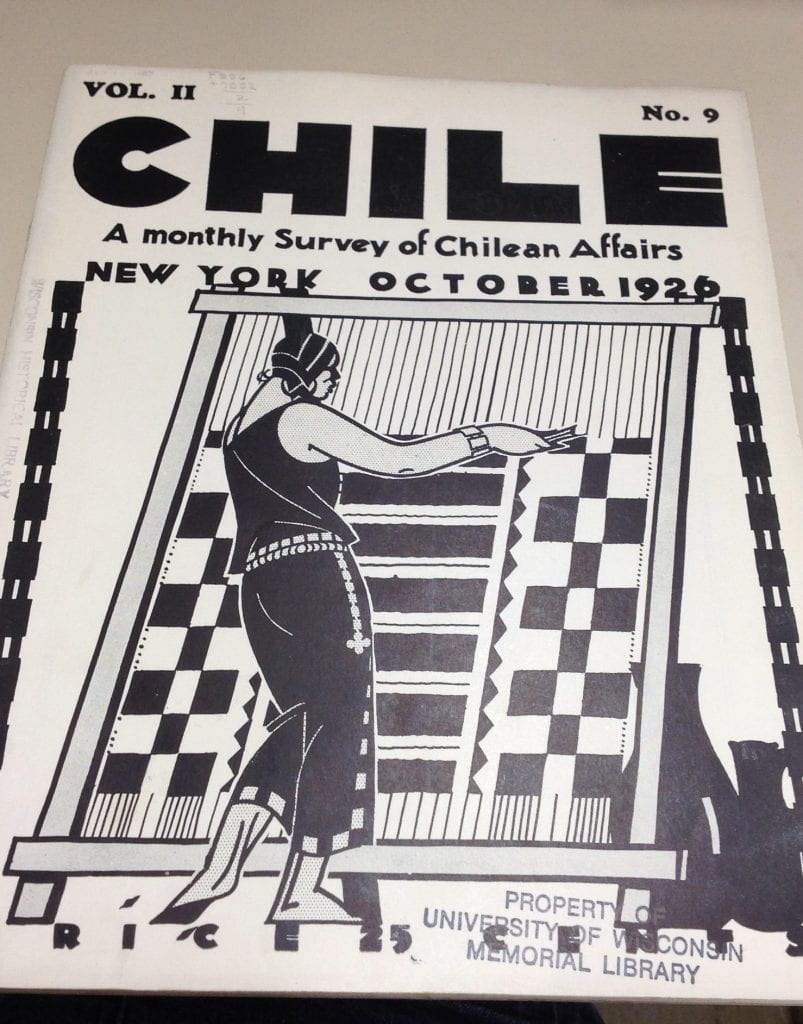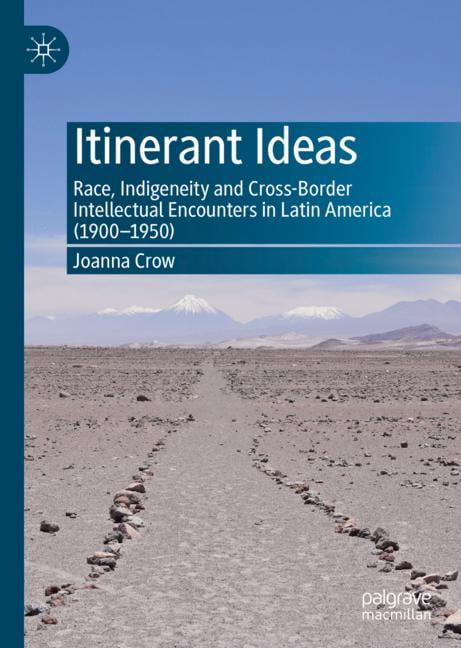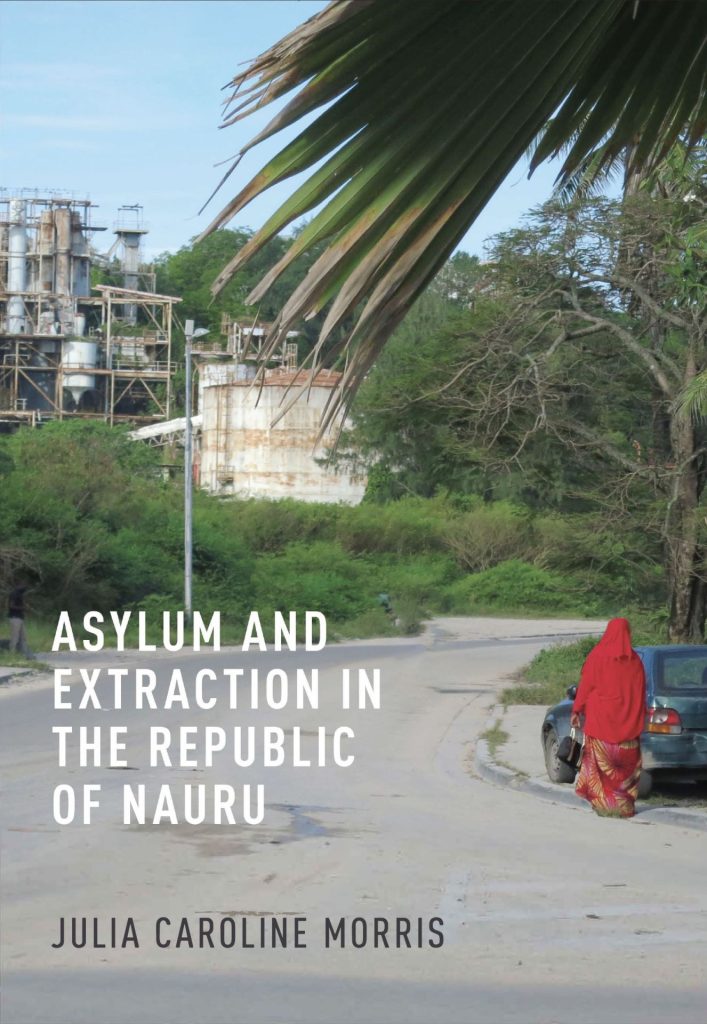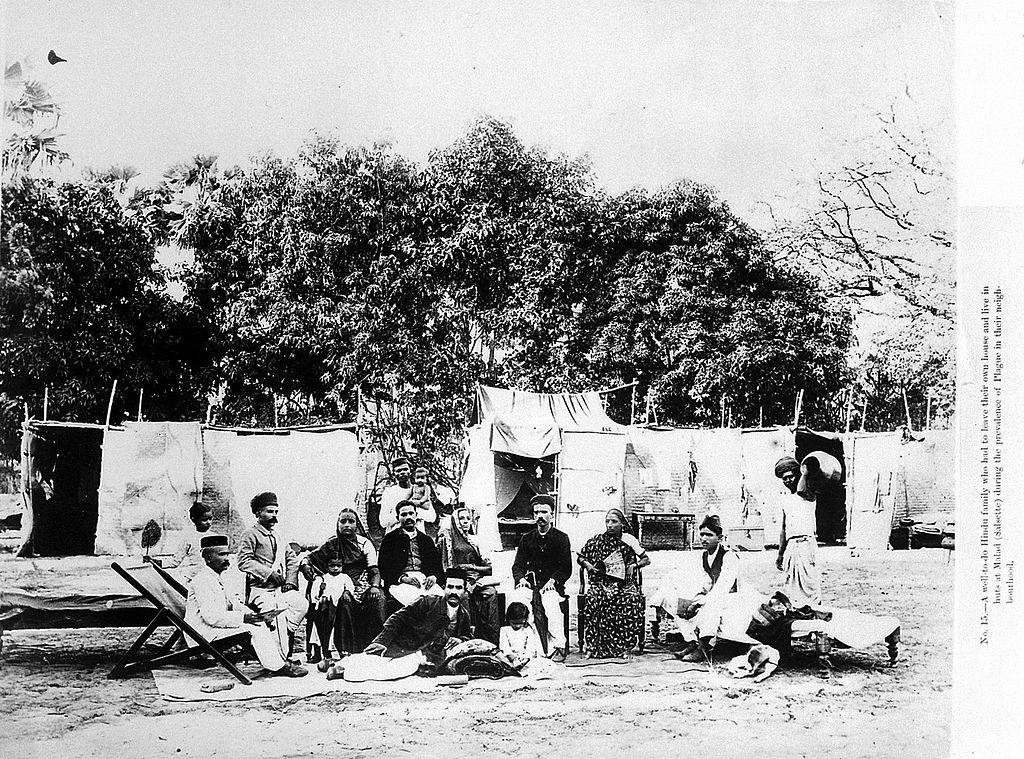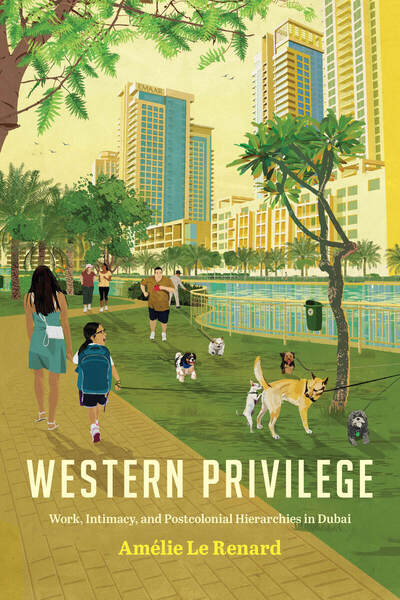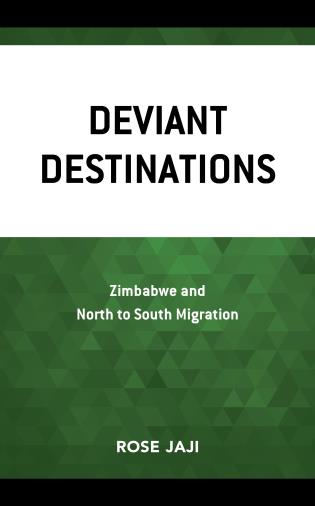New writing on migration and mobilities – an MMB special series
By Hassan Ould Moctar.
In March 2024, the Mauritanian government signed a migration partnership agreement with Spain and the European Commission, the stated aim being to address a surge of unwanted migrant arrivals on the Canary Islands. While unprecedented in financial scope, this was just the latest in a long line of border externalisation strategies that have been implemented in Mauritania. In 2006, Spain and the EU adopted a range of military and surveillance measures off West Africa’s Atlantic coasts, opening a new period of migration control cooperation with West African states. Despite two decades of such efforts, the past year has seen both unprecedented sea arrivals in Spain and – more concerningly – unprecedented deaths on the Atlantic route.

For many scholars of migration and border policy, this persistence of deaths and unwanted arrivals occurs not despite the strategy of border externalisation, but because of it. Many have long illustrated how such policy approaches typically create more ‘irregular migration’, and thus more of the social condition of migrant illegality. Building upon these insights, my new book After Border Externalization: Migration, Race and Labour in Mauritania (Bloomsbury, 2024) examines how this process interacts with the social and historical landscapes of the contexts in which EU migration management increasingly operates. To this end, it analyses how externalisation intervenes within pre-existing histories of bordering and population management in Mauritania (chapters 3 and 4). It then takes an ethnographic turn, asking how the condition of migrant illegality interacts with the social relations that have emerged from this history (chapters 5, 6 and 7).
As such, the book is motivated by a desire to overcome the Eurocentrism that necessarily underpins EU border externalisation policies, but which can also seep into the scholarship, as critical migration and border studies scholars have suggested. To this end, I have drawn on ideas of Samir Amin, who coined the term ‘Eurocentrism’ and wrote a short book on the topic. In Amin’s view, the geographic imaginary of the Mediterranean was central to the Eurocentric ideological project; it acts as the source of a Eurocentric universalism which asserts that ‘the only possible future for the world is its progressive Europeanisation.’
Looking at this geographic imaginary from its margins in Mauritania unveils the contradictions of the historical juncture in which externalisation unfolds. On the one hand, externalisation is conditioned by the racial and territorial legacies of colonialism, in particular the division of the Senegal River Valley into the territories of Senegal and Mauritania, and a racialising colonial imaginary dictating who belongs on which side of the Senegal River. These developments were consistent with the ‘define and rule’ strategy of indirect colonial rule that Mahmood Mamdani has analysed, whose logic resonates in contemporary international development and migration management projects, as I show in chapter 4.
At the same time, however, the form of this colonial legacy is shifting as externalisation unfolds. While Mauritania has periodically figured in the EU’s geographic imaginary of the Mediterranean – through the 5+5 dialogue and the Union for the Mediterranean – it has in recent years become more salient in its capacity as a Sahelian state. Drawing from interviews with officials in the permanent secretariat of the G5 Sahel in Nouakchott, my book argues that the Eurocentric universalising goals of the EU’s Mediterranean geographic imaginary – exemplified in norms such as democracy promotion, human rights and good governance – are giving way to a more security-driven imaginary of the Sahel. At the same time, this region has seen an unprecedented challenge to European dominance in recent years. Together, these facts yield epistemic openings that were not present at the time of Amin’s original writing of Eurocentrism.
To examine these, the book’s ethnographic chapters foreground migrant agency, detailing from this perspective the social relations in which the condition of migrant illegality is infused in Mauritania. I start in the northern port city of Nouadhibou, detailing a dynamic interplay between Europe-bound migrants and an apparatus of externalisation in the city, before then illustrating how this interplay sits within the political economy of Nouadhibou. While European capital no longer dominates the scene in the city, the EU continues to play a crucial role in facilitating transnational capital flows, as its production of migrant illegality enables the labour exploitation of a precarious and transient workforce.
This Europe-bound transience is key in the context of Nouadhibou, but an exclusive focus on such Europe-bound trajectories also obscures the living legacies of colonialism. For this reason, I am also interested in the Senegal River Valley town of Rosso, which straddles the colonial border between Mauritania and Senegal. Turning my attention to migrants who weren’t on the move to Europe when I met them, I have contrasted their prior experiences of EU border violence with the relative lack of illegality in Rosso. In its absence, a violent history of racialised territorial belonging that I detailed earlier in the book resurfaces. Here, it takes the form of a rice industry that was erected against the backdrop of a spate of expulsions and dispossession in the late 1980s, which acts as the primary employer of migrant labour in the town today.
My final ethnographic chapter moves to the capital city of Nouakchott, where experiences of illegality and border violence are common. But the colonial legacy of racialised territorial belonging means that Afro-Mauritanian nationals can also get caught up in migration policing operations. The line between national and non-national is further blurred by the fact that such operations dovetail with an urban cleansing drive, and therefore often extend to everyone rendered ‘surplus’ and forced to survive on the urban margins. From this perspective, externalisation is the most visible element of a broader regime of spatially managing the racialised outcasts of contemporary capitalism.
It’s important to foreground the agency of those at the receiving end of this triad of illegalisation, racialisation and economic abandonment, and I conclude the book with a reflection on how those encountered in previous pages interpret their own agency. The response to this question opens a window into a non-Eurocentric universalism of the kind Samir Amin envisioned when he first wrote Eurocentrism.



